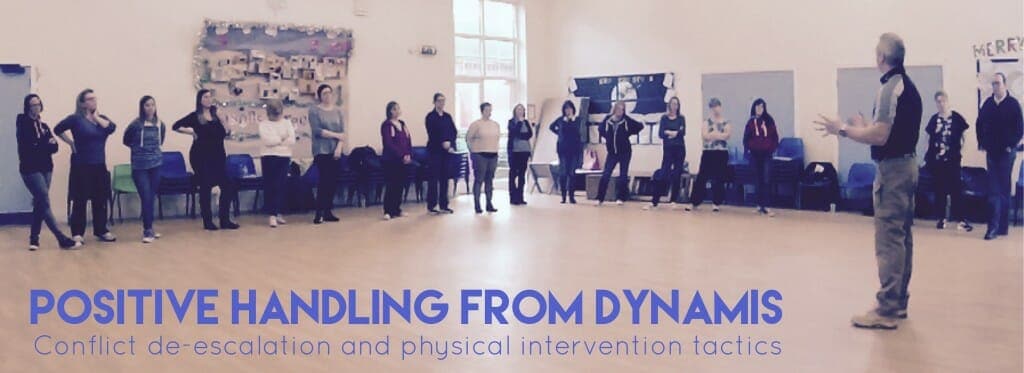The former Head of Care at a school for unruly kids has won more than £70,000 in compensation after a tribunal ruled that bosses were wrong to sack him for grabbing hold of a troublesome teenager (as reported in the Paisley Daily Express, Jun 21 2011)
David Hutton was fired from his job over the way he tried to control the boy, who had previously attacked staff at the school. An employment tribunal heard that Mr Hutton had taken the boy by the arm after he vandalised a door, set off a fire alarm and hurled verbal abuse at Seafield School, in Ardrossan, in November 2009.
The 13-year-old schoolboy – described as a known troublemaker – had also been accused of bullying another pupil. However, Mr Hutton’s bosses claimed his method of restraining the boy was “inappropriate” and that recent training should have equipped him with alternatives. After being sacked, Mr Hutton took Bridge of Weir-based charity, Quarriers – who run the school – to a tribunal, claiming unfair dismissal.
No Wrongdoing
However, a tribunal hearing in Glasgow ruled that there was “no wrongdoing” and he has been awarded a total of £70,950 in compensation. The tribunal was told how Mr Hutton – also an ex-deputy principal at the school – had been alerted after the boy involved kicked in an office door. It had also been reported that the teenager had been bullying another youngster. When Mr Hutton went to confront the boy, he was met with foul-mouthed abuse. The pupil then set off a fire alarm and attempted to activate another before he was taken by the arm and led downstairs by Mr Hutton. Later, bosses challenged Mr Hutton about his decision to intervene that day.
“Inappropriate” Action?
It was claimed his actions were “inappropriate” and that recent training should have “refreshed and equipped” him with other ways to control the unruly youth. Mr Hutton argued that, if he had let the boy go, the youngster may well have fallen down the stairs. Management said Mr Hutton had been given a final warning in 2006 after he brought another boy down from a six-feet-high fence, citing that as an “unacceptable intervention”. Mr Hutton was sacked after being told the most recent incident and the one three years earlier were similar. In a letter of dismissal, he was told: “This incident is an example of your reaction to certain situations which have resulted in physical intervention, which you have been advised against, and therefore there is a pattern by you of this kind.”
Suggestion By Employer Not Defensible
However, in a written ruling, employment judge Hugh Murphy said:
“There is a suggestion that the claimant was guilty of an error of judgment in intervening but it is doubtful whether any such suggestion is defensible. “We only heard the claimant’s events and that disclosed no wrongdoing at all.” “We are not satisfied that any reasonable employer would have concluded that the incidents of 2006 and 2009 were truly similar.”
Caution 1) Schools Need To Know The Law and The Guidance
This case highlights a number of issues, namely that if employers are going to make decisions on ‘physical intervention’ then they need a very clear understanding of the law in relation to the use of force and not make decisions on subjectivity and personal interpretation alone.
Caution 2) ‘Technically Driven’ Courses Fail
It also raises another interesting point. If you are trained in a system of intervention or restraint does that mean that you can only use the techniques you are taught and not something else? Well the answer illustrated by this case is obviously no. Training cannot equip someone with a physical technique for every situation, and this is where ‘technique driven’ courses fail.
Teaching ‘principles’ provides a much more flexible, practical and pragmatic approach to how physical intervention training should be taught. Principles are universal and can be applied in a number of differing circumstances, whereas techniques alone are limited to the number of techniques taught. Yet students on courses are still being told that; “these are the only techniques you can use, and if you use anything else then you could be disciplined”. Well, as this case shows, that is most certainly not the case, especially if what you do is reasonable in the circumstances.
——————————————-

Gerard O’Dea is a conflict management, personal safety and physical interventions training consultant. He is the training director for Dynamis, a specialist in personal safety and violence reduction initiatives and the European Adviser for ‘Verbal Defense and Influence’, a global programme which addresses the spectrum of human conflict. www.dynamis.training



